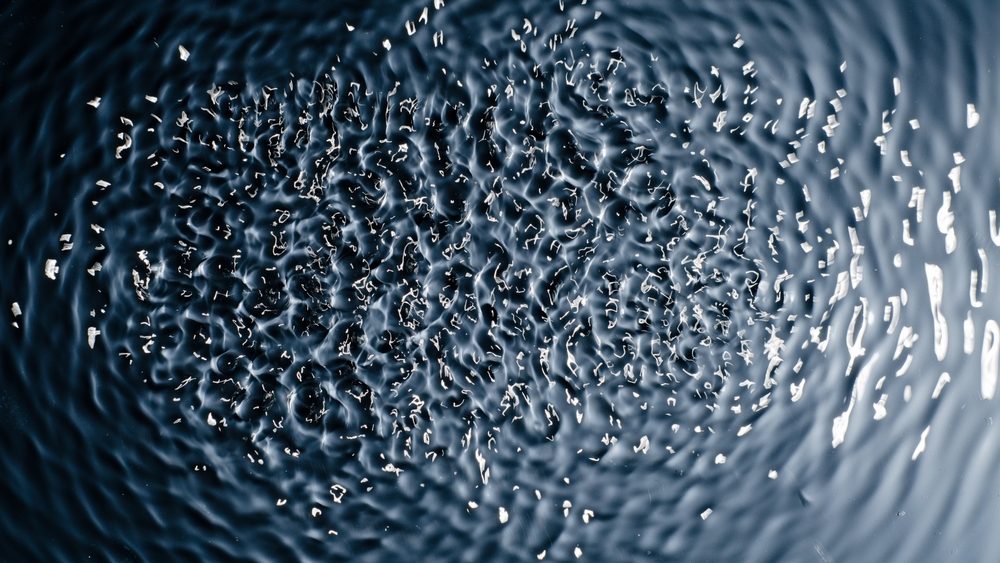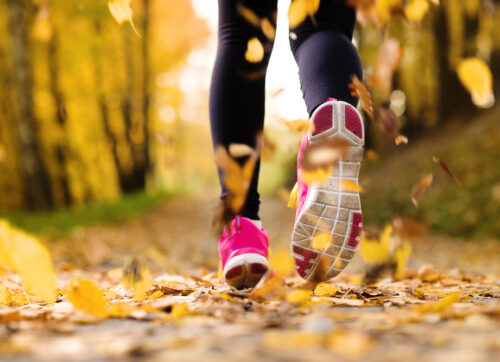
The Science of Water: How Your Body Runs on It
- Author:
- Violet Lee
- Date:
- October 7 2025
When we think of water, we might picture a refreshing drink on a hot day, the calm of the ocean, or the sound of rain soothing us to sleep. But water is more than comfort and beauty—it’s the engine that powers the human body. Every breath you take, every step you walk, every thought you form relies on water working behind the scenes.
Let’s explore the science behind why water is essential and how staying hydrated supports every system in your body.
Your Body is Built on Water
Water makes up roughly 60% of the human body; however, not evenly. Your brain and heart are nearly three-quarters water, muscles and kidneys are almost 80%, and even bones—seemingly solid and dry—contain about 30%. Why so much? Because water is the universal solvent—it dissolves nutrients, minerals, and oxygen and delivers them exactly where they need to go. Imagine your bloodstream as a river; without enough water flowing, that river becomes sluggish, and so does your body.
Water is Energy’s Hidden Partner
Every cell in your body is like a tiny power plant, producing energy by converting food into fuel through cellular respiration. Water is not just a bystander—it helps break down glucose molecules and assists in the chemical reactions that release energy.
When you’re dehydrated, your cells can’t keep up. That’s why even mild dehydration (as little as 2% fluid loss) can leave you feeling tired, foggy, and less focused. In short: no water, no energy. Effects of Dehydration and Rehydration on Cognitive Performance (Zhang et al., 2019)
Water Keeps You Cool
Your body is constantly working to maintain a healthy temperature of about 98.6°F (37°C). When you heat up—whether from exercise, stress, or the sun—your body calls on water for evaporative cooling. Sweating releases water through your skin, and heat is carried away as it evaporates.This system is so effective that your body risks overheating quickly without water. Athletes, outdoor workers, or anyone exposed to high temperatures need extra hydration to avoid heat exhaustion. Hydration Effects on Thermoregulation and Performance in the Heat (Sawka et al., 2001)
Water Protects and Cushions
Think of water as your body’s built-in shock absorber. It surrounds and protects your brain and spinal cord, cushions your joints, and keeps your eyes moist to see clearly.
When hydration is low, the protective padding thins out. That’s when stiffness, headaches, or fatigue can creep in—not just from muscles working harder, but from the loss of water’s natural cushion. Dehydration and Rehydration affect Brain Regional Density (Zhang et al. 2022)
Water Powers Digestion and Detoxification
From the first sip of water that mixes with saliva to help you chew, to the fluids in your stomach and intestines that break down nutrients, water is the silent partner in digestion.
Your kidneys also rely on water to filter waste from your blood. Without enough water, toxins build up, and kidney function can suffer. Chronic dehydration can lead to kidney stones and urinary tract infections. “Water, Hydration and Health” (Popkin et al.)
Hydration and Your Brain
One of the first places you’ll notice dehydration is in your brain. Studies show that even slight fluid loss can affect mood, focus, and memory. Because your brain is nearly 75% water, it’s particularly susceptible. Staying hydrated improves concentration, stabilizes mood, and keeps the nervous system firing smoothly. Mild Dehydration Affects Mood in Healthy Young Women, Armstrong et al. (2012)
Practical Hydration Tips
Staying hydrated doesn’t have to be complicated. Here are some science-backed ways to keep your body’s water systems running smoothly:
- Start Early—Begin your day with a glass of water. Your body loses fluid overnight, so replenishing it helps kick-start your metabolism.
- Follow the 8x8 Rule—But Adjust – Eight glasses (about 64 oz.) is a good baseline, but your needs vary with activity, climate, and health. Listen to your body’s signals. The Science of Hydration: How Water Impacts the Body, Physiology.org)
- Eat Your Water—Foods like cucumbers, watermelon, oranges, and spinach are water-rich and add hydration to your meals.
- Don’t Wait for Thirst—If you feel thirsty, you’re already mildly dehydrated. Sip water consistently throughout the day.
- Balance Electrolytes—If you’re sweating a lot (exercise, heat, or sauna), add electrolyte-rich foods like bananas, coconut water, or a pinch of sea salt to water. Fluid and Electrolyte Supplementation for Exercise Heat Stress – Science Direct
- Mind Your Drinks—Coffee, tea, and soda can count toward fluid intake, but be mindful of caffeine and sugar. Water should always be your foundation.
- Check Your Urine—A simple hydration test: light yellow means hydrated, dark yellow means drink more. “Water: a vital nutrient”- Better Health Channel
The Takeaway
Water is more than a refreshing drink—it’s the scientific foundation of life itself. From energy production to brain clarity, digestion to joint health, hydration is the thread that ties your body’s systems together.
So the next time you take a sip, remember: you’re not just quenching thirst—you’re fueling the incredible science that keeps you alive, strong, and resilient.
Are you ready to take the journey?
Take the journey and find your nature guide.


